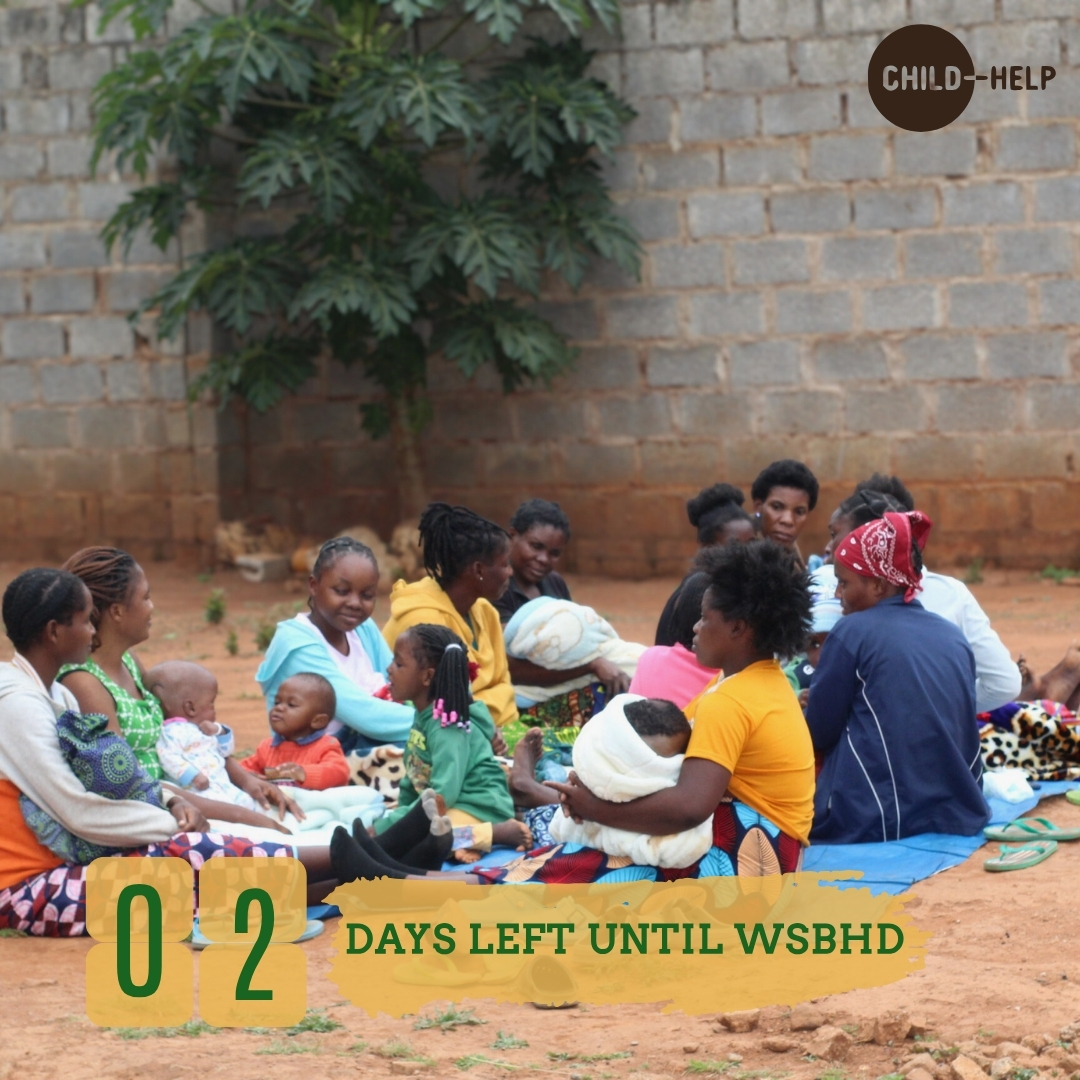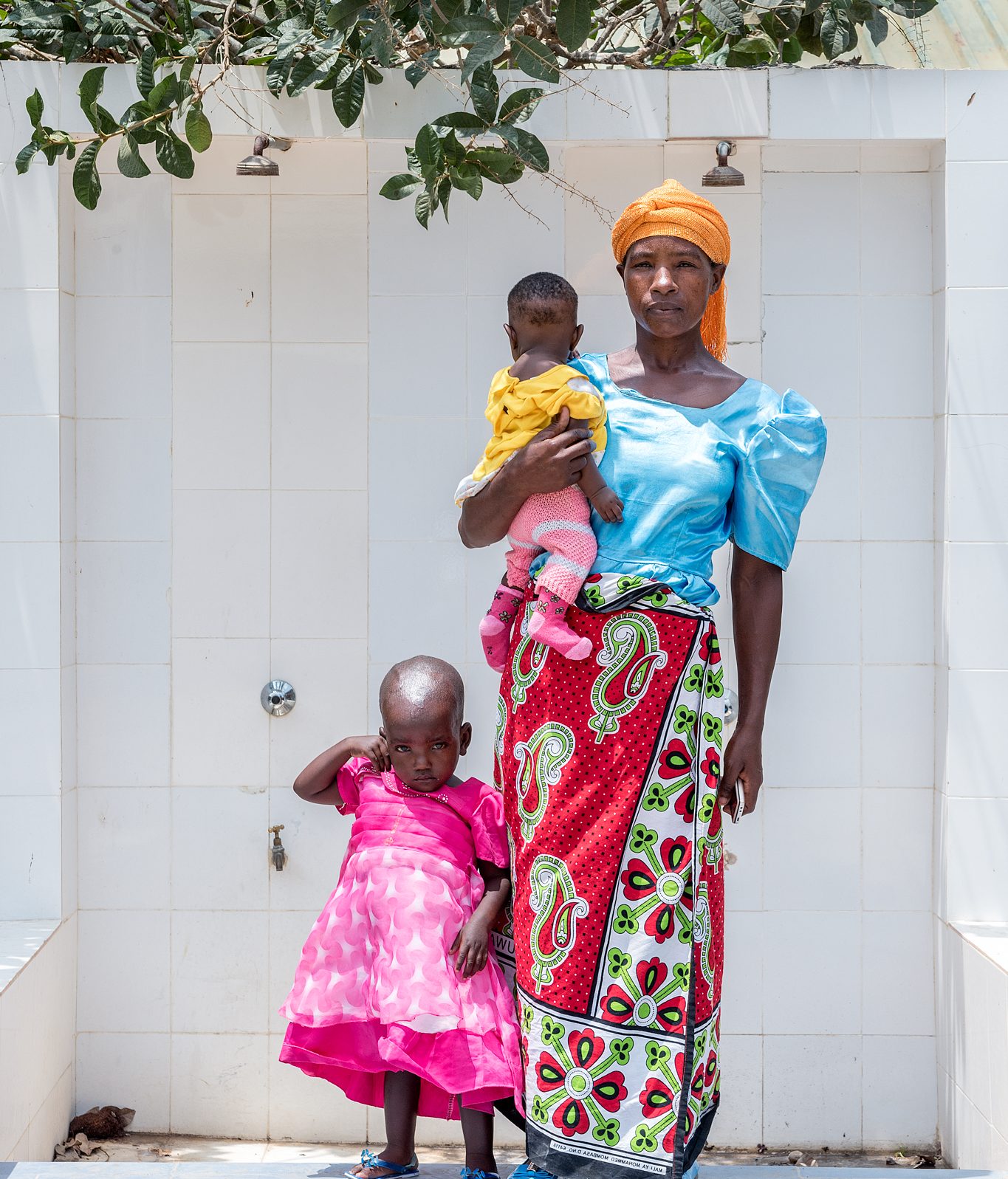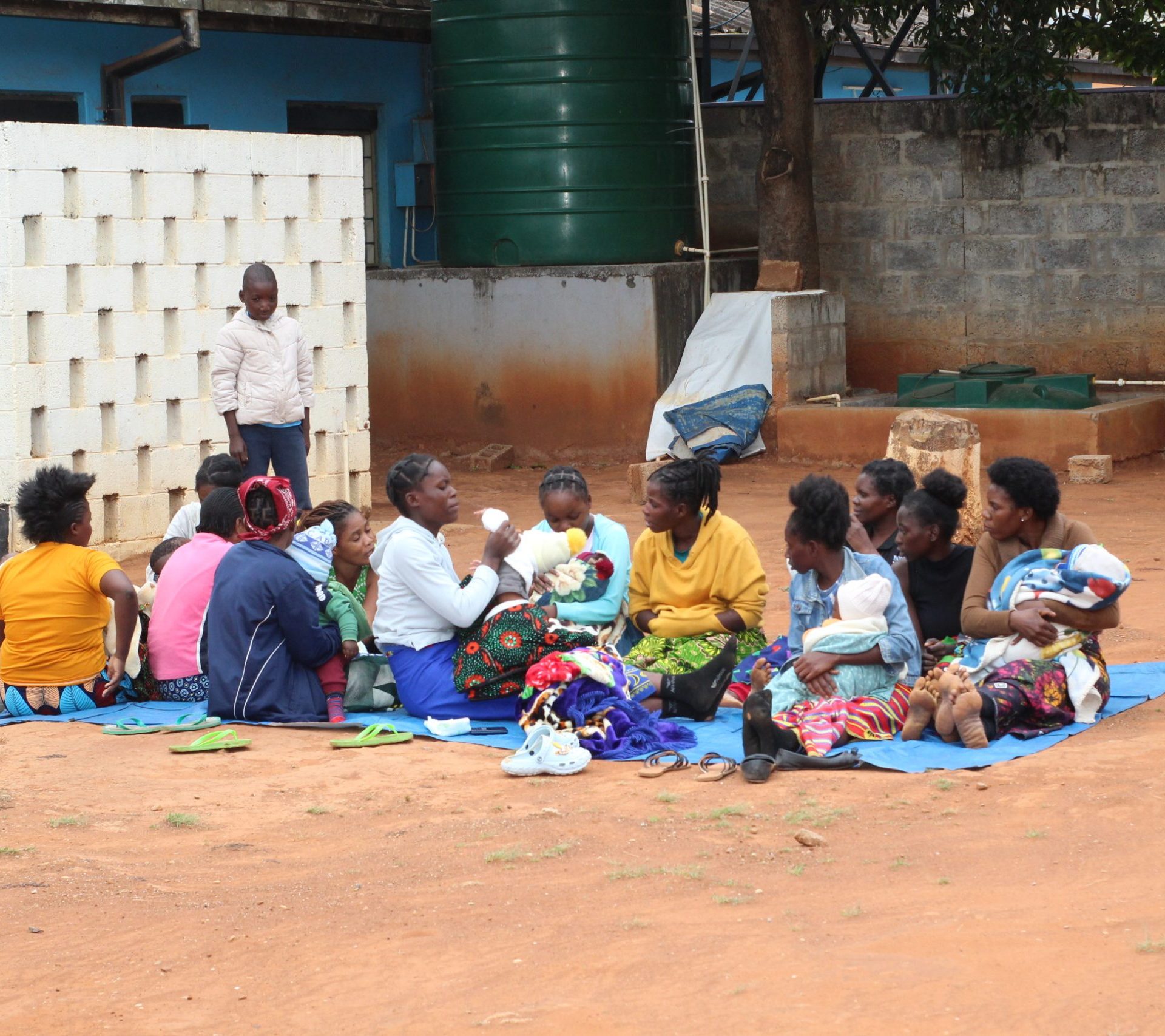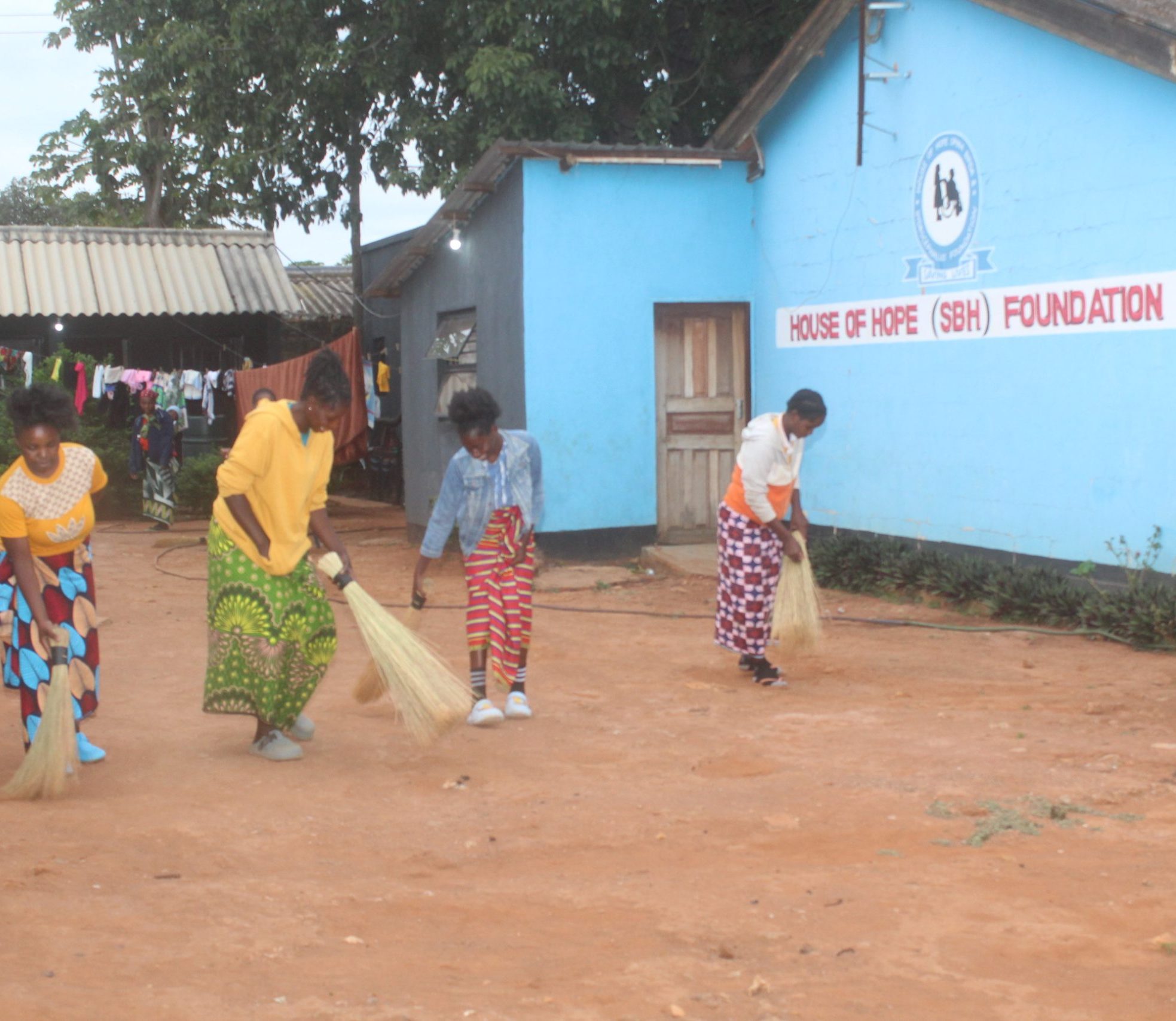Visit Child-Help International

For parents of children living with Spina Bifida and Hydrocephalus (SBH), the journey can often feel isolating and overwhelming. Navigating complex medical needs, financial pressures, and emotional challenges can take a heavy toll—especially in low-resource settings across the Global South. Yet, amidst these difficulties, one of the most powerful sources of hope and healing has emerged through Parent Support Groups (PSGs).
These groups have become a vital lifeline for families of children with SBH. Through peer counselling, parents are given the space to share their stories, exchange practical advice, and draw strength from one another. This shared experience fosters a deep sense of belonging and reassurance, reminding families that they are not alone in their journey.

Beyond emotional comfort, peer counselling helps build resilience and confidence, empowering parents to become advocates for their children’s rights and inclusion. Many mothers who once felt powerless now find renewed courage and purpose through these support networks.
A significant milestone in strengthening parent support and peer learning has been the establishment of the House of Hope across the Global South. These Houses bring together parents and caregivers from diverse backgrounds, creating a safe and nurturing space where they can connect, learn, and heal together.

The House of Hope addresses a critical gap in healthcare access in regions where distance and poverty often limit timely medical treatment. But more than just temporary accommodation, it is a community of care—a place where mothers live side by side, share experiences, and support one another through both challenges and victories.
Here, caregivers find encouragement, compassion, and renewed strength. They learn practical caregiving skills, exchange knowledge, and most importantly, rediscover hope. The relationships built within these spaces often last long after families return home, forming a lasting network of solidarity and empowerment.

Through these support groups and the House of Hope model, many mothers have rediscovered their sense of worth and purpose. By connecting with others who understand their struggles, they begin to see new possibilities where there was once despair. Empowered mothers often become leaders and advocates, raising awareness, promoting inclusion, and calling for improved healthcare and social support for children with SBH.
The success of Parent Support Groups and the House of Hope stands as a testament to unwavering commitment to families affected by Spina Bifida and Hydrocephalus. By creating spaces for shared experience, emotional support, and empowerment, CHI ensures that no parent walks this journey alone.